Knowing if you’re awake seems simple. Why has it vexed philosophers for centuries?
Knowing what separates wakeful reality from dream states seems rather simple on its surface. After all, even if a dream feels quite real in the moment, it’s unbound from continuity and the natural laws of our (presumed) waking lives. Yet proving that you’re awake, rather than just intuiting it, has been a perilous task for philosophers across the centuries. Beginning with the ancient Chinese philosopher Zhuang Zhou’s famed butterfly dream, this TED-Ed animation tackles how thinkers from Al-Ghazali in medieval Persia, to René Descartes and Thomas Hobbes in 17th-century France and England, to neuroscientists today have approached the question of whether we can ever truly know we’re awake.
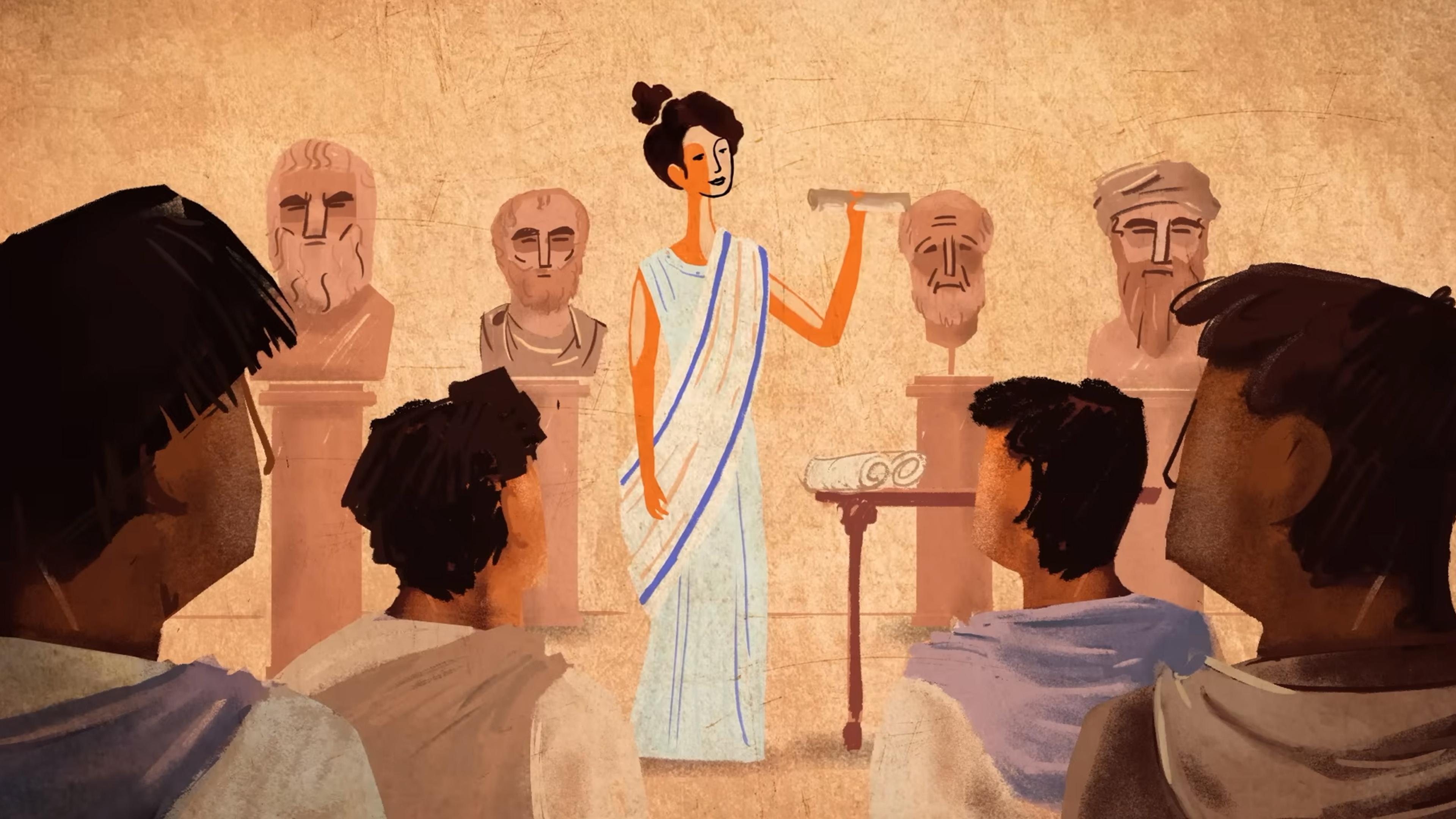
video
Thinkers and theories
A rare female scholar of the Roman Empire, Hypatia lived and died as a secular voice
5 minutes
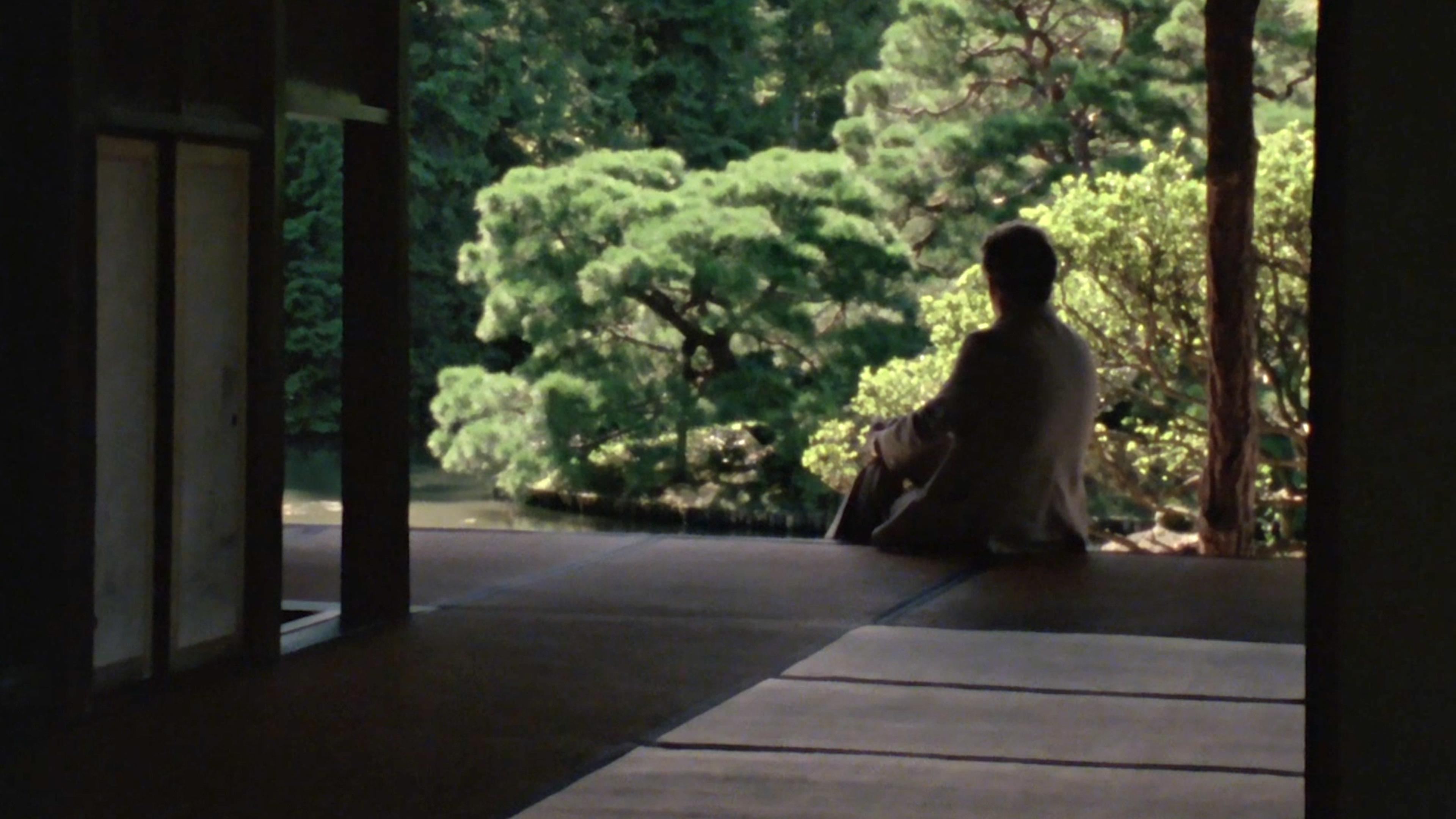
video
Architecture
The celebrated architect who took inspiration from sitting, waiting and contemplating
29 minutes
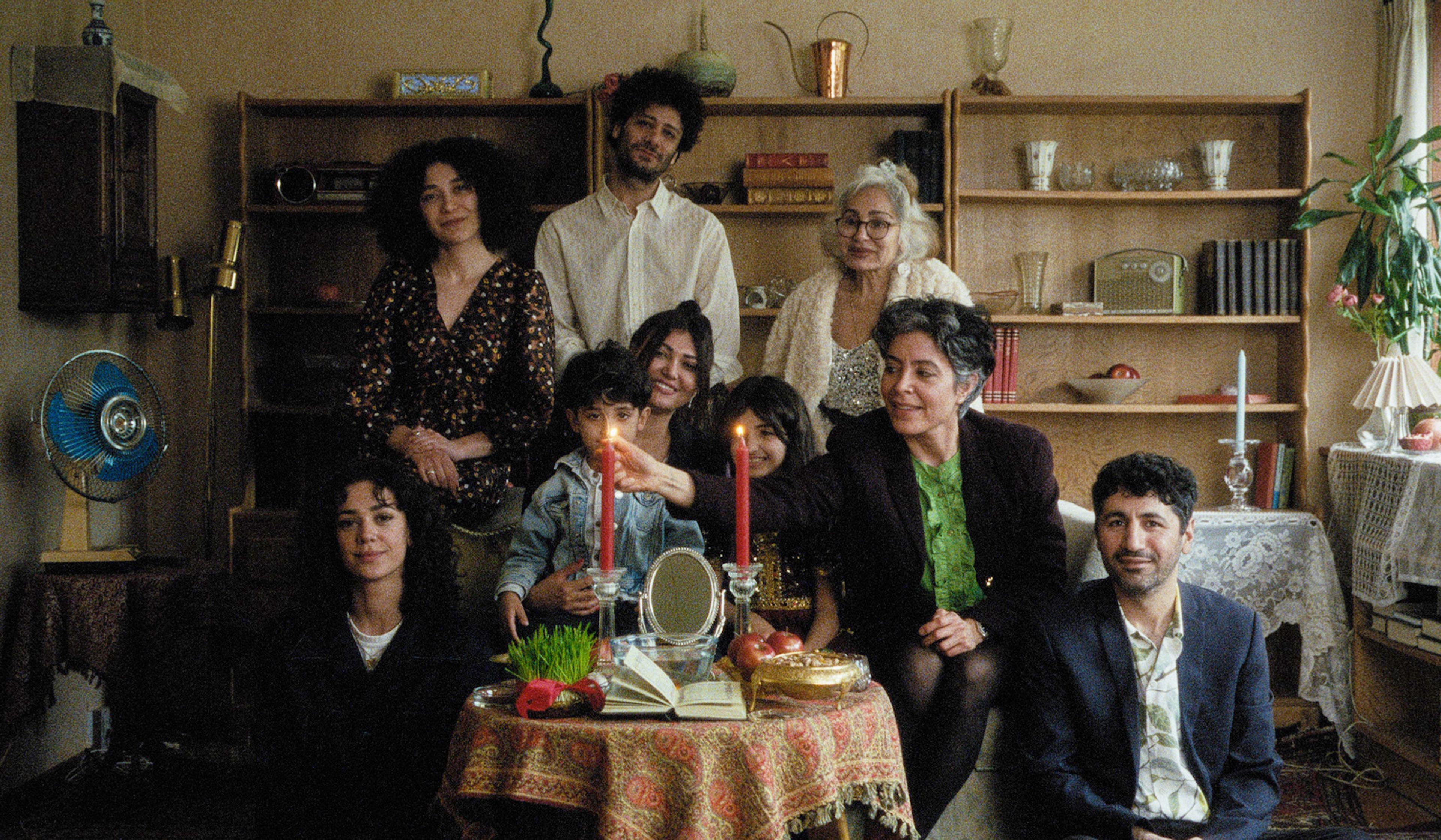
video
Rituals and celebrations
A beginner’s guide to a joyful Persian tradition of spring renewal and rebirth
3 minutes

video
Metaphysics
Simple entities in universal harmony – Leibniz’s evocative perspective on reality
4 minutes
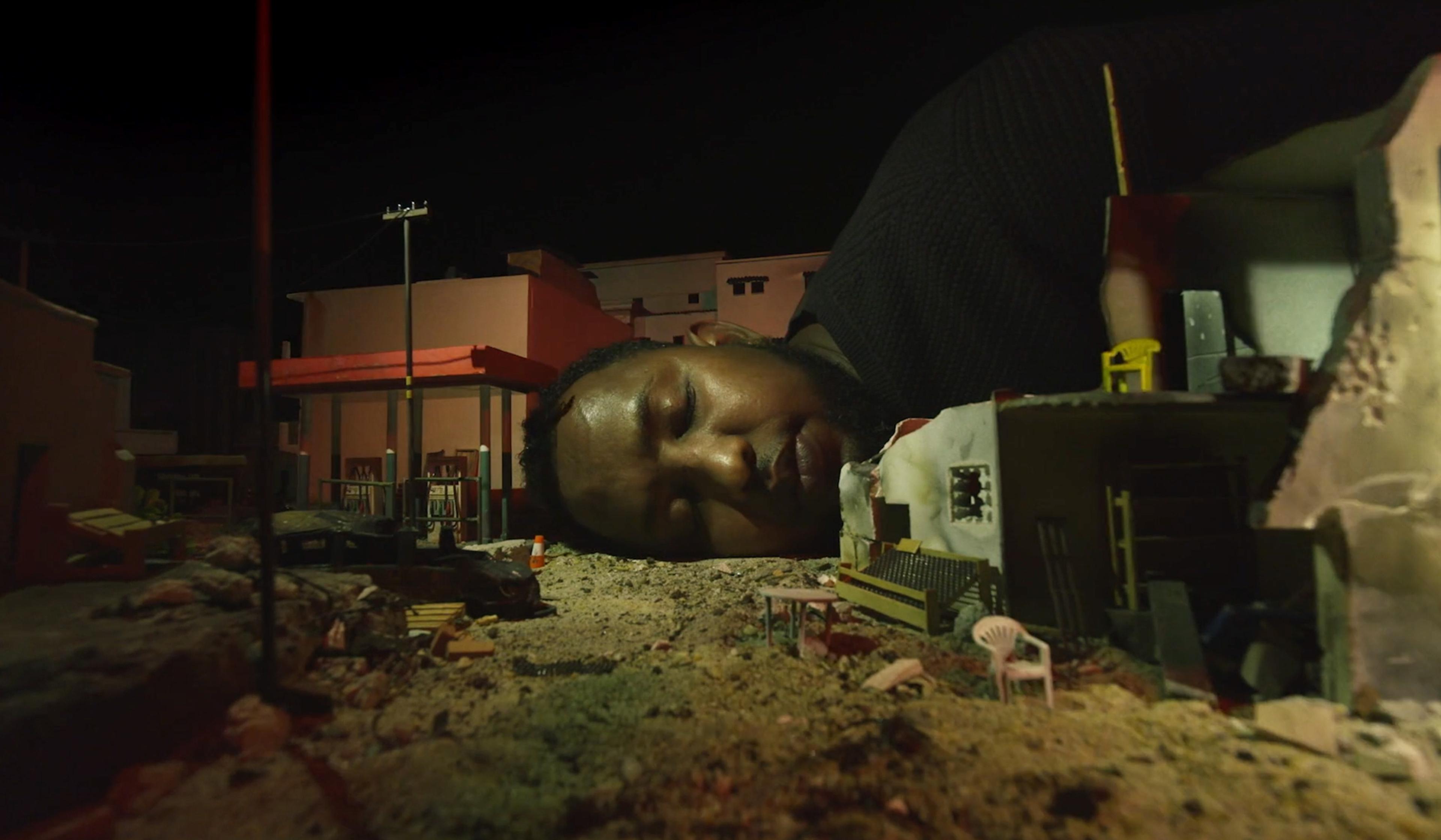
video
Biography and memoir
The unique life philosophy of Abdi, born in Somalia, living in the Netherlands
29 minutes
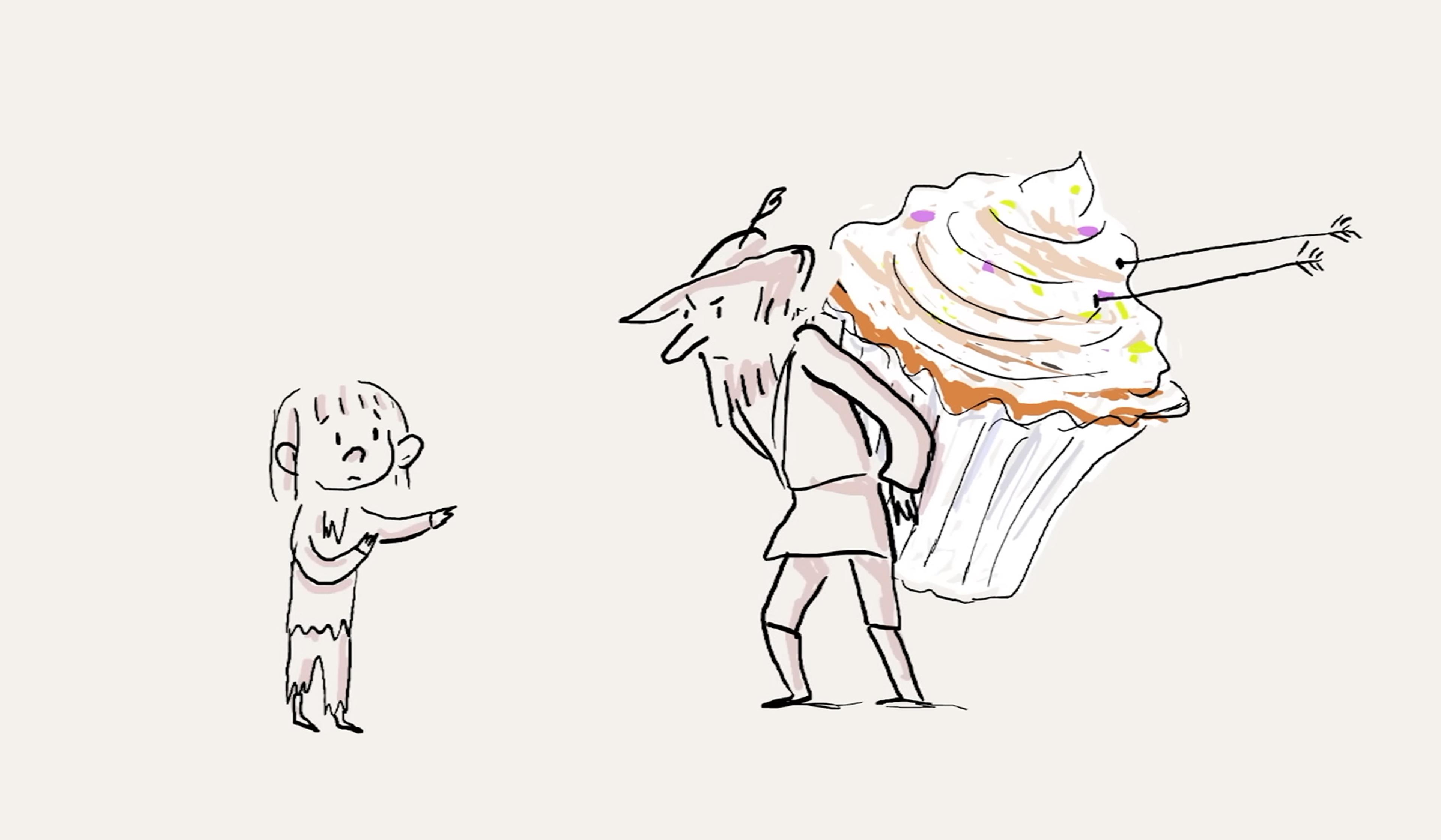
video
Ethics
For Iris Murdoch, selfishness is a fault that can be solved by reframing the world
6 minutes
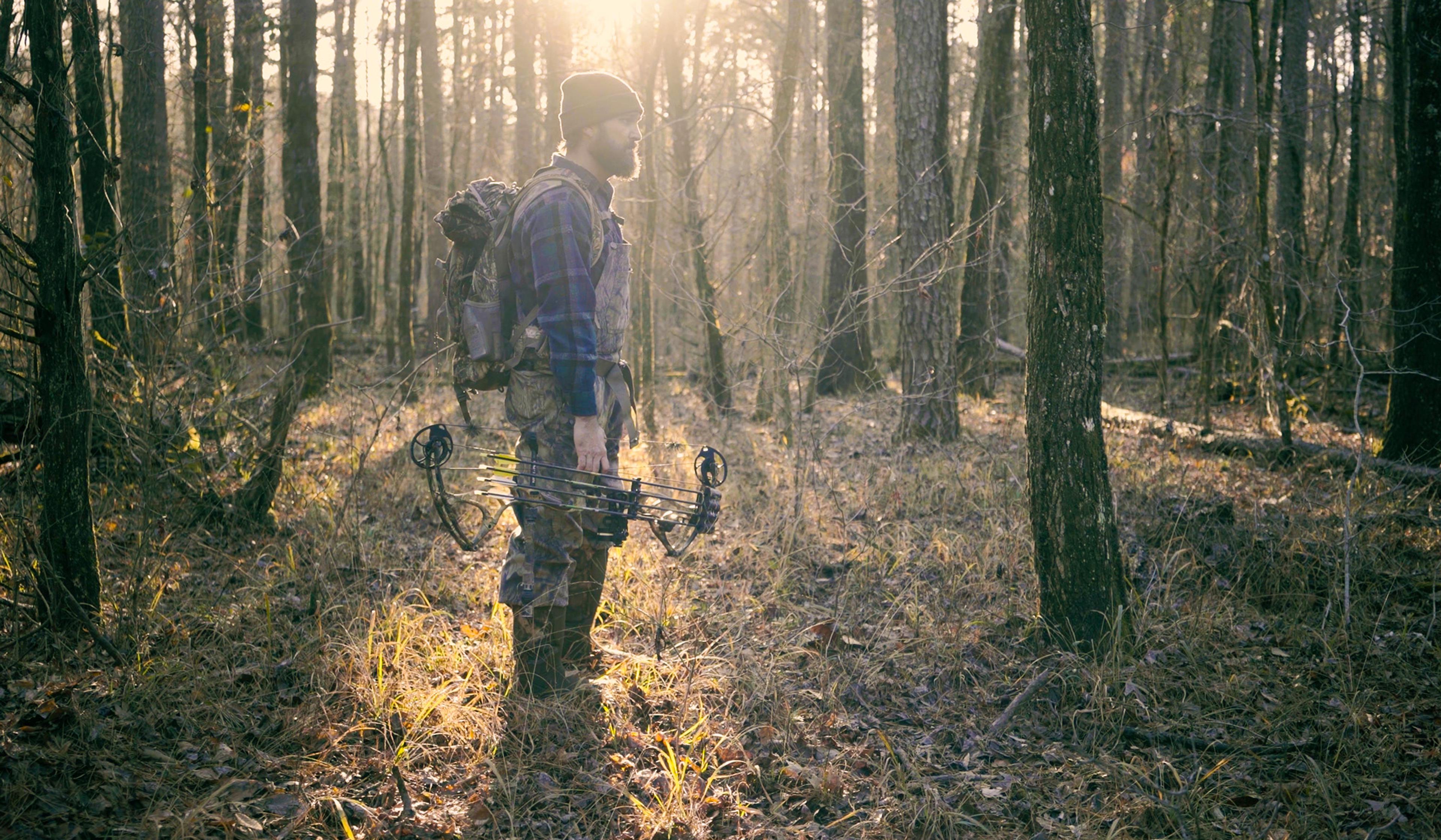
video
Death
A hunter’s lyrical reflection on the humbling business of being mortal
6 minutes
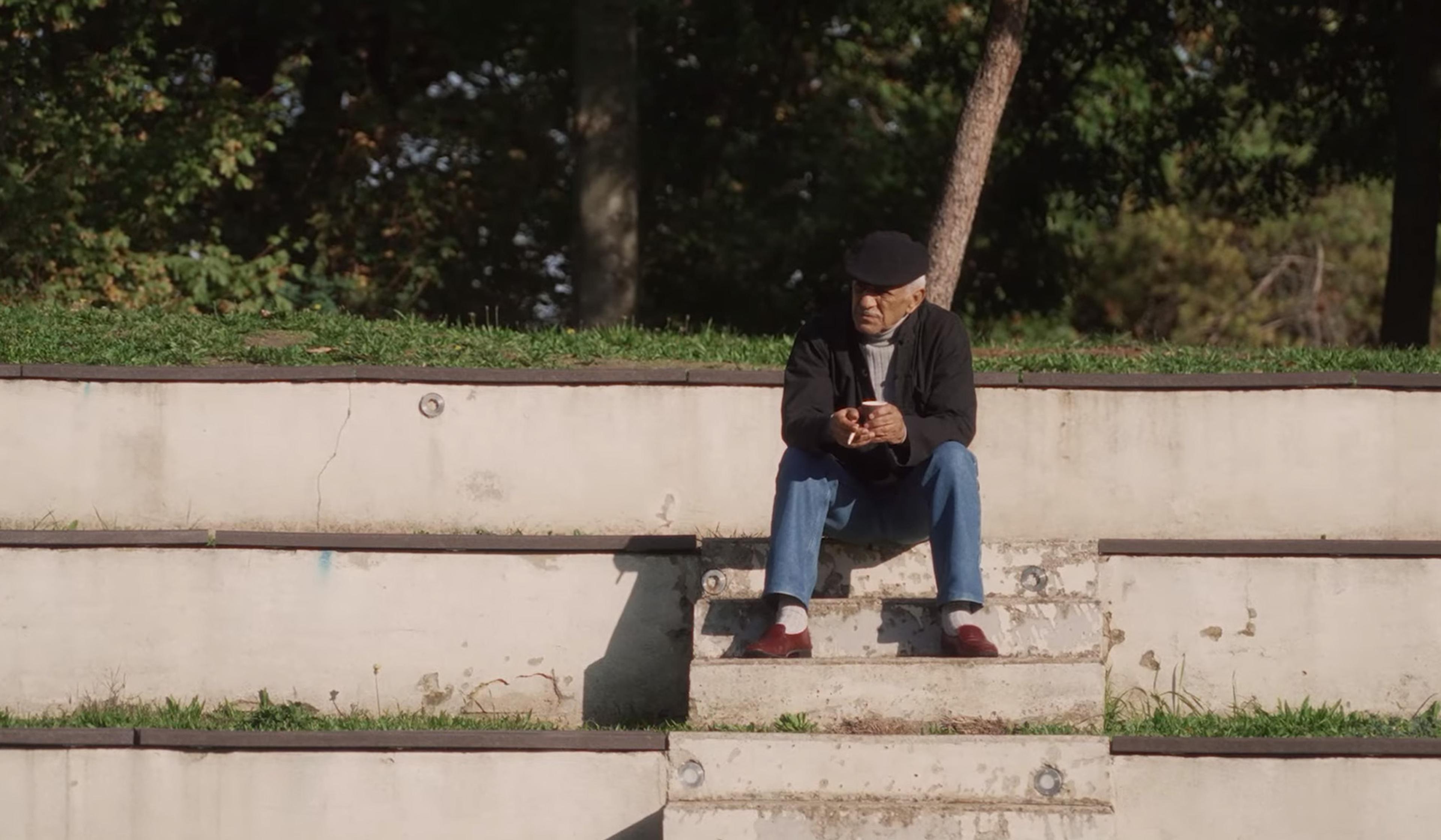
video
Love and friendship
After his son’s terrorist attack, Azdyne seeks healing – and his granddaughter
25 minutes
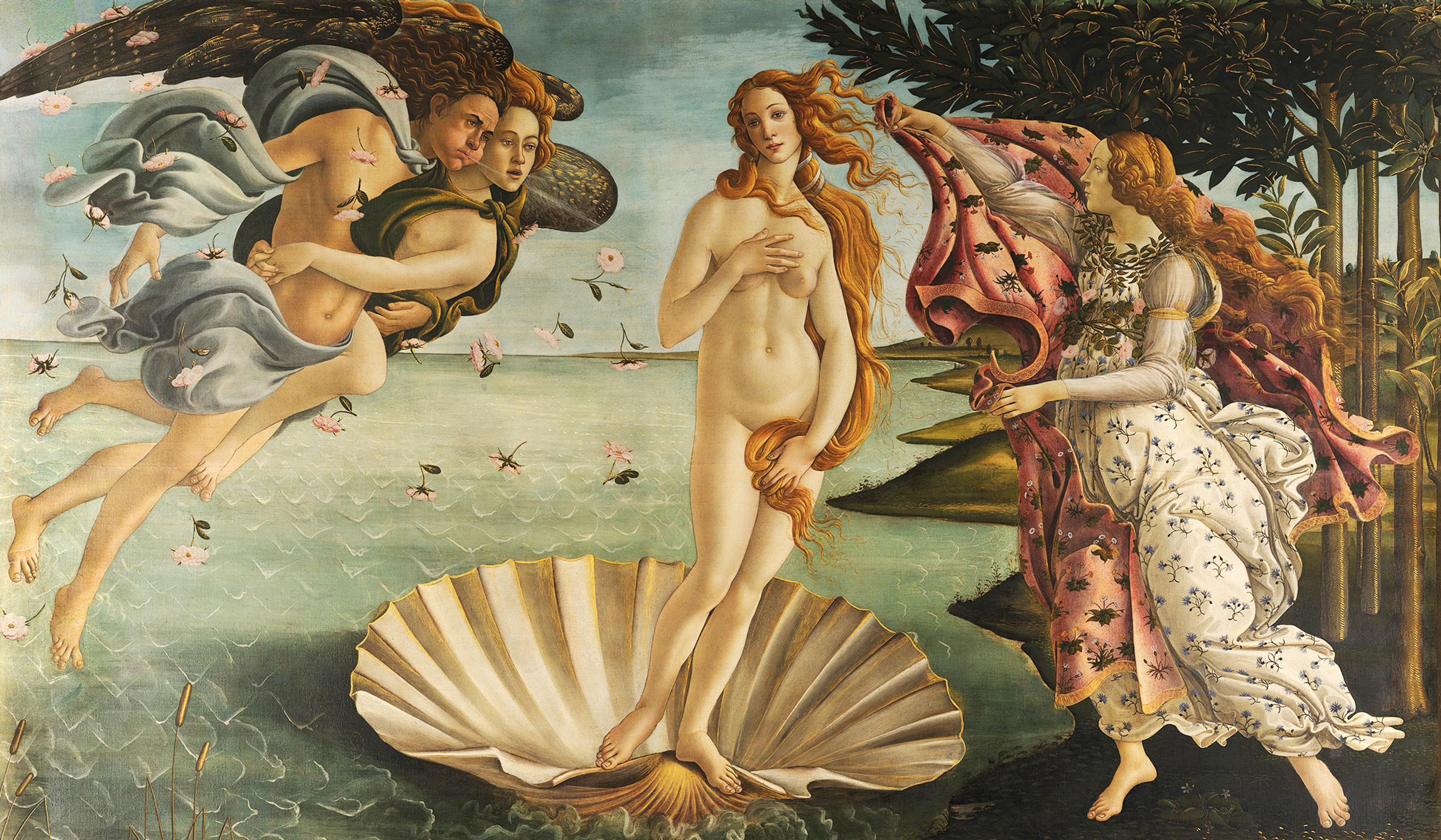
video
Art
More than breathtaking, ‘The Birth of Venus’ signalled an aesthetic revolution
19 minutes